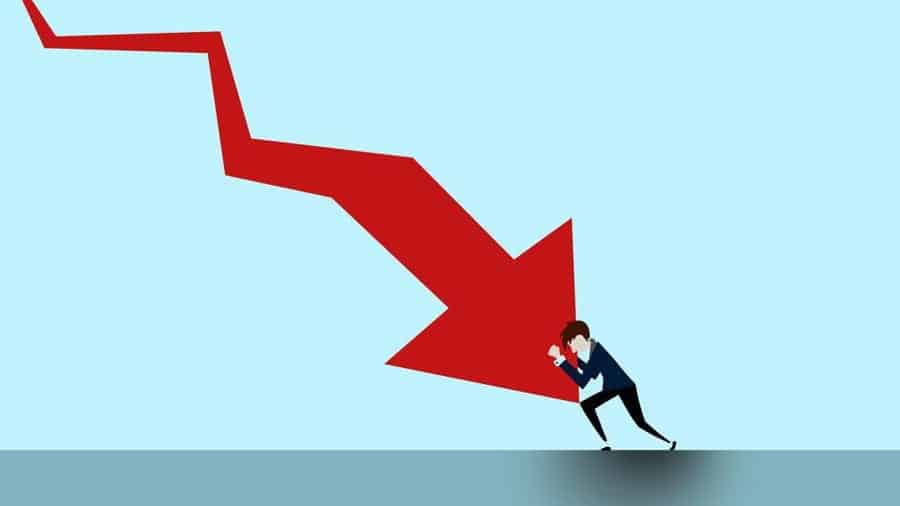
Fears of a recession are mounting. Even before the latest rate hike on Wednesday, nearly 7 in 10 U.S. adults expressed concern about the possibility.
That same survey by Bankrate.com revealed that 2 in 5 Americans feel unprepared to weather a recession, especially women, minorities and Gen-Zers.
We talked to the experts about how soon a recession could happen and what you should do now to brace yourself.
“We are not in recession just yet,” said Bernard Yaros of Moody’s Analytics.
A recession is a broad-based weakness across the economy and at least right now the real estate market remains strong and the job market is robust.
“We’re still adding well more than 300,000 jobs each month, that’s a very strong pace,” said Yaros. “The unemployment rate is at 3.7%, which is as low as it’s been, you know, in recent decades.”
But as the Fed continues to aggressively raise interest rates in hopes of bringing inflation down, a recession is becoming more likely.
“The likelihood is at some point into next year, we’ll have a brief and shallow recession,” said Chuck Minnich of Foundation Capital Management. “Consumers do need to prepare for that.”
The slowdown in economic activity will affect businesses which means unemployment will rise.
The first tip is to stockpile an emergency reserve in a savings account that will last at least six months to cover expenses if you do temporarily lose your job.
“In addition to that, applying for a home equity line of credit, if you have a home, and you have some equity in it. And that is your backup emergency reserve,” said Minnich. “You want to do it in advance when you have a job. And while equity is at record levels.”
If you are years away from retirement there are some things you can do to try and recession-proof your portfolio.
“Buying and buying in increments, not all at once because again it could get worse before it gets better,” he said. “It actually will end up being a good opportunity for you.”
However if you are retired or about to retire the advice is a bit different.
“Having some bonds for sure for income is important. Having a little bit of stock for growth is important. With the stock, you want to emphasize quality, large U.S. companies with good balance sheets that may not thrive in this environment, but at least they’ll survive,” said Minnich.
Of course, you also need some fixed assets.
If you need to make immediate withdrawals while your portfolio is down Minnich says first use the assets that have held up the best. Don’t touch those that are hurt the most. Give those time to recover.